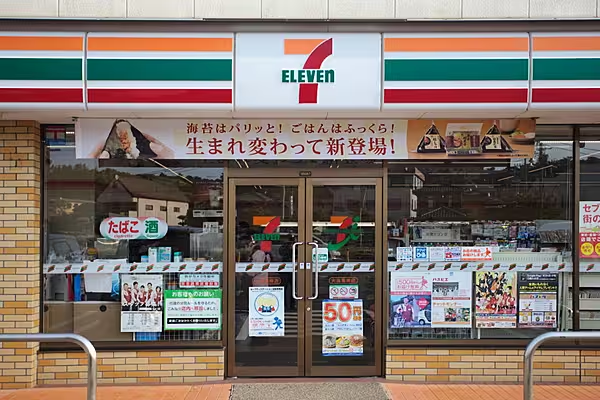Tesco’s sales continued to worsen in the run-up to Christmas, as the UK’s largest supermarket chain bore the brunt of competition from discounters Aldi and Lidl.
Tesco’s sales fell 3.4 per cent in the 12 weeks ended 6 December, as fewer shoppers visited its larger supermarkets, according to data from researcher Kantar Worldpanel. The performance was the worst in what was another bleak period for grocers, as sales grew by just 0.1 per cent across the industry.
"Slow growth means a distinct lack of seasonal cheer for the market," Fraser McKevitt, head of retail and consumer insight at Kantar Worldpanel, said in the statement. "All supermarkets are cutting prices, particularly on staples like eggs and butter."
Deflation worsened to 1.9 per cent, as the price war sparked by Aldi and Lidl showed no sign of abating. The German discounters, who now account for 10 per cent of the UK’s grocery spend, are likely to attract about 10 million shoppers over the Christmas period, Kantar said.
Sainsbury's outperformed its large rivals with sales growth of 1.2 per cent, sending the stock as much as 4.4 per cent higher. The growth was achieved across the company’s supermarket, convenience and online businesses, Kantar said. Asda continued to struggle, with sales dropping by 3.4 per cent, and sales at Morrisons declined by 2 per cent.
Despite the decline in sales, the battered share prices of UK supermarkets rose. Tesco advanced as much as 3.3 per cent to 147.7 pence, recently closing at its lowest level since 1997. Morrisons rose as much as 3.9 per cent to 145.6 pence.
Market sentiment around the sector has been at a low ebb. Short-selling, where investors seek to profit from a falling share price, is near record levels at each of the three listed UK grocers, according to data from Markit.
News by Bloomberg, edited by ESM. To subscribe to ESM: The European Supermarket Magazine, click here.










